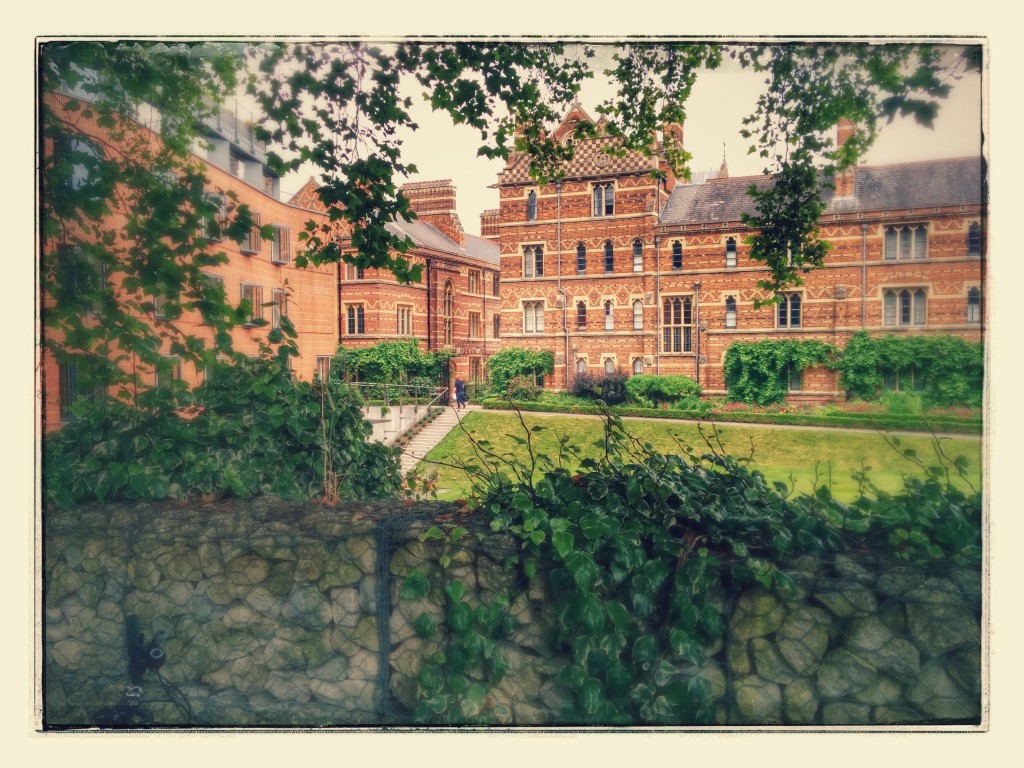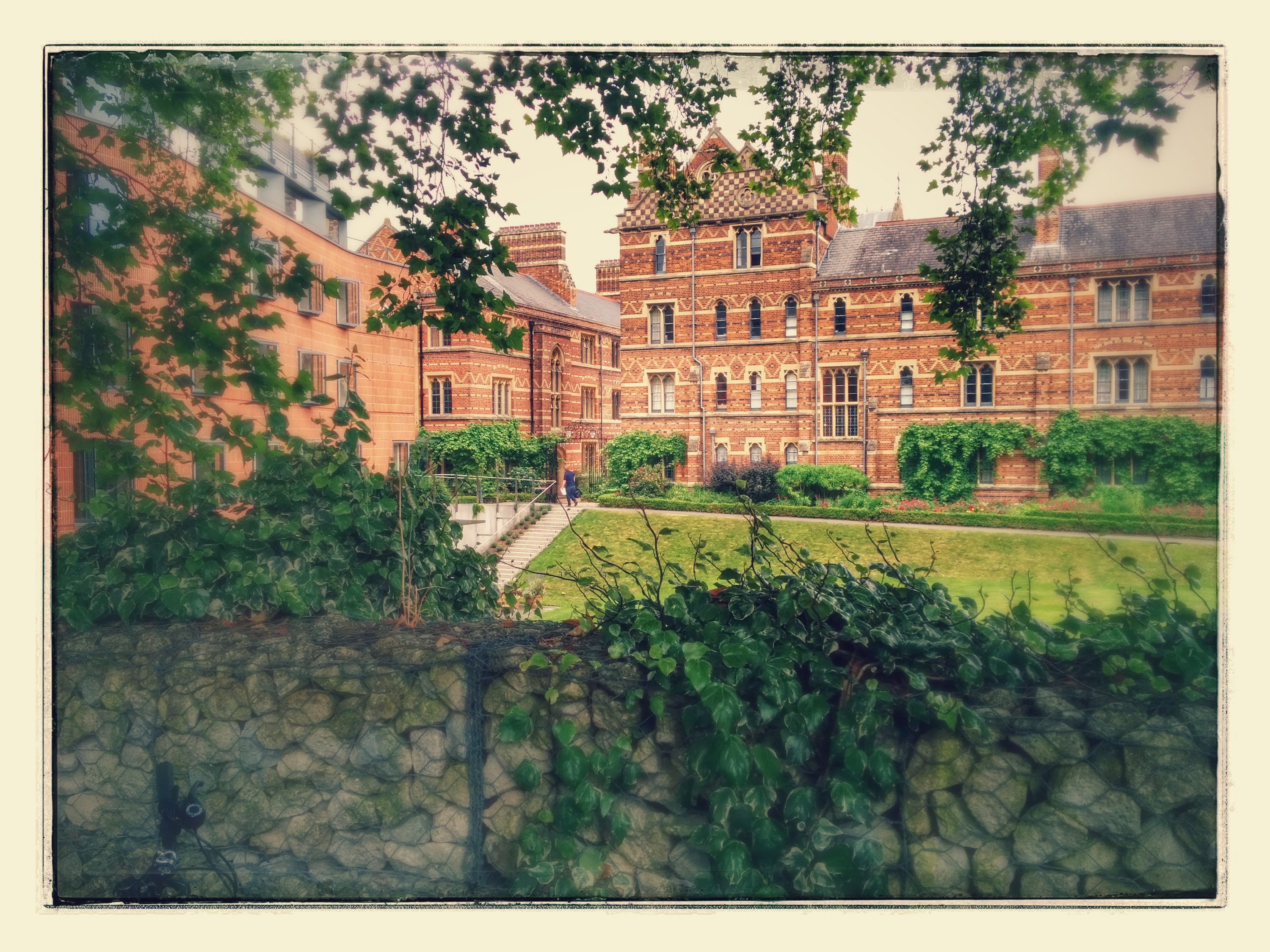By Angele M. Cirucci
For two weeks in July I had the amazing opportunity to study at The University of Oxford’s Internet Institute through their Summer Doctoral Programme. (Read my recap of the full two weeks here.)

One of our invited speakers was Dr. Kathryn Eccles, research fellow and digital humanities specialist. Kathryn attempted to answer the seemingly simple question: “What is Digital Humanities?”
We all know, however, that this is far from an easy inquiry. Something to note is that the majority of my cohort were not familiar with Digital Humanities. They are all internet scholars, which does not necessarily mean that they would have been introduced to Digital Humanities.
So, is Digital Humanities (DH) a field? Where does it fit in? Should it just be an interdisciplinary thread that runs through Departments and Schools? Kathryn broadly explained DH as understanding digital transformations such as visualizations and GIS. She also asked, is DH superseding the Humanities? Or, just reconnecting us in new ways? DH grew out of humanities computing and first led to things like TEI (text encoding initiative) and digitization initiatives.
Kathryn actually works with a DH team to understand the impact of DH initiatives and programs. For example, from 2008-2009, they conducted a study, “Digitised Resources: A Usage and Impact Study” and found that these new resources have five general implications:
- transforming access
- enabling new ways of drilling into materials
- engaging students in new ways
- enabling distance learning
- fostering (rather than impeding) serendipitous discoveries
The last point is particularly interesting. It would be incorrect, although easy, to assume that more digitized access means less instances of visiting places like libraries or museums. However, Kathryn and her team found that when people can familiarize themselves with these spaces first and become less intimidated, they are actually more likely to then visit these places, meet new people, and discover new things while browsing the spaces.
Through this study, the team also developed the TIDSR: Toolkit for the Impact of Digitised Scholarly Resources. Here is a description from the site:
The toolkit describes a variety of methods, both qualitative and quantitative, that can be adopted to measure the kinds of impacts your digital resources are having. By using a variety of methods in conjunction with each other, you are able to gain a fuller picture of the impacts of a digital resource. Some of the methods may be more appropriate to the analysis of a particular resource than others.
Stay tuned for Part Two of “What is Digital Humanities?” for more of Kathryn’s talk including six case studies she and her team conducted in 2011.
